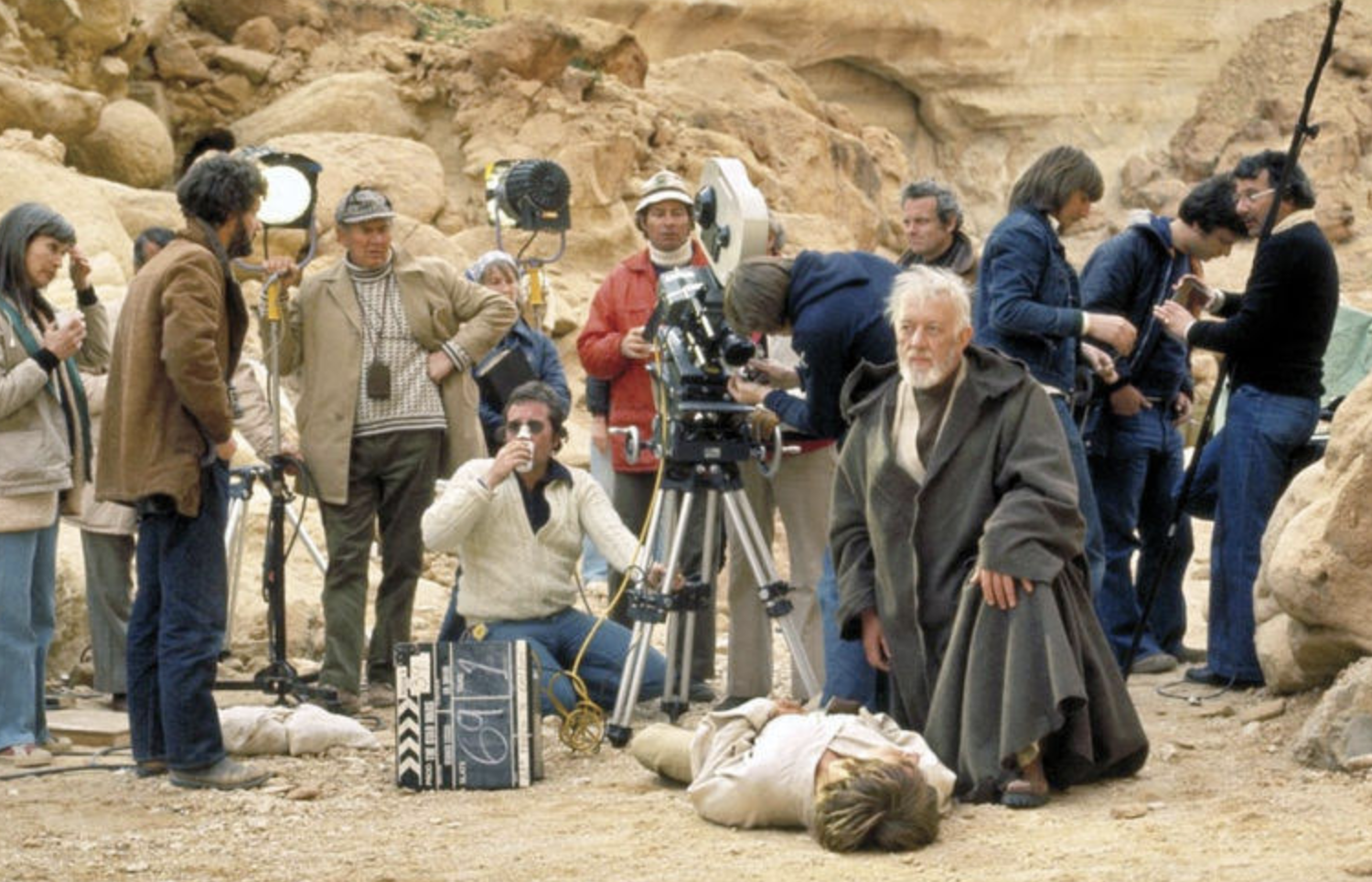Now that I am of a certain age, I’m giving myself permission to occasionally recount a story that has been locked away in my personal vault. This is one of those times…
It was nearly fifty years ago, and I was working on the staff of the Peace Corps in Tunisia. (I had previously served as a Volunteer in that country, but that’s another story.) One day, word reached me that a Volunteer who was under my supervision was absenting himself from his job, ostensibly taking some time to watch a movie that was being filmed at a location out in the desert, not far from his work site. It would be a long drive, but I thought this would be a good time to go visit some of my Volunteers in the south.
As I remember it, I drove south some 7 or 8 hours, passing through the larger coastal cities, before veering west on track roads that led toward the small oasis towns on the border of the vast Sahara. When I finally arrived, hot and weary, in the town where my supposedly recalcitrant Volunteer was posted, I turned off my vehicle and stepped out to stretch my aching back. Imagine my wonder and surprise when a very attractive French woman approached me and looked me up and down with lustrous eyes and said, “Oh, you’re so tall! How would you like to be in a movie?”
I looked around, assuming the woman was a mirage or this was some sort of prank, but nothing seemed out of place: a few old men were drinking tea and playing cards in a dusty café, a donkey dozed in a spot of late afternoon shade. I was at a loss for words; “Excuse me?” was all I could muster.
She was all French chic and charm, so out-of-place in this timeless village. “We are making a film, shooting on location out in the desert. We just need someone tall. Let me show you!” Realizing the irony involved—remember; I was here to chastise a Volunteer who hadn’t been showing up at work—I got back in my car and followed my mirage out into the desert.
When we arrived at the set, the first things I saw were several dinosaurs, brontosauruses with huge curly horns, would have been my guess. There were also some strange vehicles that looked like weird hybrids between modernistic sports cars and space ships. There were lots of small people in oversized robes, four-legged robots that looked like dogs and a sea of underground houses. I was stunned into silence. I could not begin to imagine what kind of movie this was. Certainly, not a serious one.
She was talking to me again. “All we need is for you to pop up from behind a rock”—she pointed up a hill—“and knock out someone with a club. Well, not really knock him out, of course. No one will ever know it’s you; lots of make-up. We can probably shoot the scene in a day, maybe two at most. You can be back in Tunis the day after tomorrow.”
I admit I wavered. But the whole scene seemed so out-of-this-world, the approach so unlikely, that, much to my eternal regret, my sense of duty reared its ugly heard and I declined. In fact, I told her the real reason for my visit. Had she seen a young American visiting the set? “Non;” she said. “Désolée.” And that was it. My movie career ended before it began.
The Volunteer I had come to observe? I checked and he was at his post, right where he was supposed to be. And the film? A year or two later, I was back home in Washington, standing in a long line for tickets to that summer’s Hollywood blockbuster: a film, much of it shot in Tunisia, called “Star Wars.”
Sigh.
I’ll be right back.
Jamie Kirkpatrick is a writer and photographer who lives in Chestertown. His work has appeared in the Washington Post, the Baltimore Sun, the Philadelphia Inquirer, the Pittsburgh Post-Gazette, the Washington College Alumni Magazine, and American Cowboy Magazine.
His new novel “This Salted Soil,” a new children’s book, “The Ballad of Poochie McVay,” and two collections of essays (“Musing Right Along” and “I’ll Be Right Back”), are available on Amazon. Jamie’s website is Musingjamie.net.




Write a Letter to the Editor on this Article
We encourage readers to offer their point of view on this article by submitting the following form. Editing is sometimes necessary and is done at the discretion of the editorial staff.